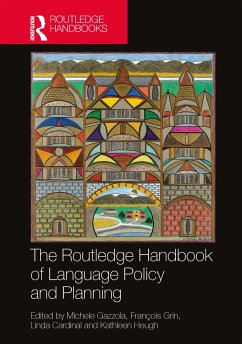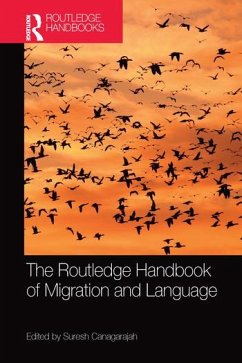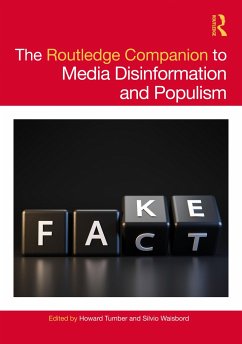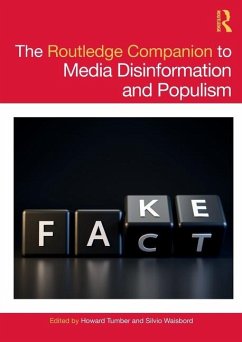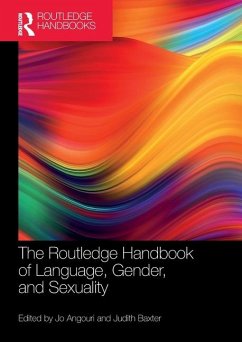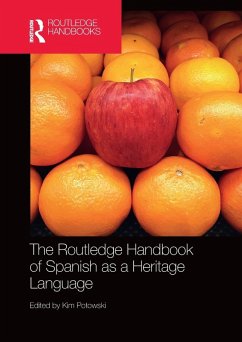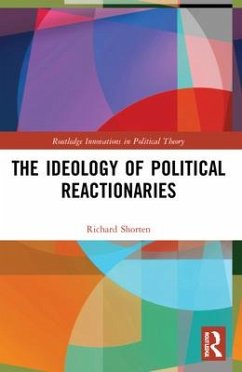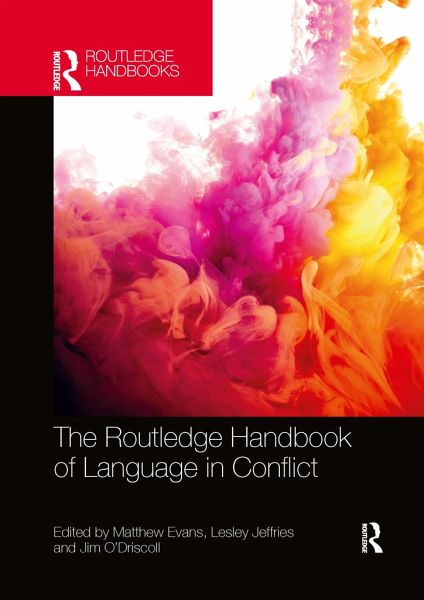
The Routledge Handbook of Language in Conflict

PAYBACK Punkte
26 °P sammeln!
The Routledge Handbook of Language in Conflict presents a range of linguistic approaches as a means for examining the nature of communication related to conflict. Divided into four sections, the Handbook critically examines text, interaction, languages and applications of linguistics in situations of conflict. Spanning 30 chapters by a variety of international scholars, this Handbook: includes real-life case studies of conflict and covers conflicts from a wide range of geographical locations at every scale of involvement (from the personal to the international), of every timespan (from the fle...
The Routledge Handbook of Language in Conflict presents a range of linguistic approaches as a means for examining the nature of communication related to conflict. Divided into four sections, the Handbook critically examines text, interaction, languages and applications of linguistics in situations of conflict. Spanning 30 chapters by a variety of international scholars, this Handbook:
includes real-life case studies of conflict and covers conflicts from a wide range of geographical locations at every scale of involvement (from the personal to the international), of every timespan (from the fleeting to the decades-long) and of varying levels of intensity (from the barely articulated to the overtly hostile) sets out the textual and interactional ways in which conflict is engendered and in which people and groups of people can be set against each other considers what linguistic research has brought, and can bring, to the universal aim of minimising the negative effects of outbreaks of conflict wherever and whenever they occur.
The Routledge Handbook of Language in Conflict is an essential reference book for students and researchers of language and communication, linguistics, peace studies, international relations and conflict studies.
includes real-life case studies of conflict and covers conflicts from a wide range of geographical locations at every scale of involvement (from the personal to the international), of every timespan (from the fleeting to the decades-long) and of varying levels of intensity (from the barely articulated to the overtly hostile) sets out the textual and interactional ways in which conflict is engendered and in which people and groups of people can be set against each other considers what linguistic research has brought, and can bring, to the universal aim of minimising the negative effects of outbreaks of conflict wherever and whenever they occur.
The Routledge Handbook of Language in Conflict is an essential reference book for students and researchers of language and communication, linguistics, peace studies, international relations and conflict studies.





